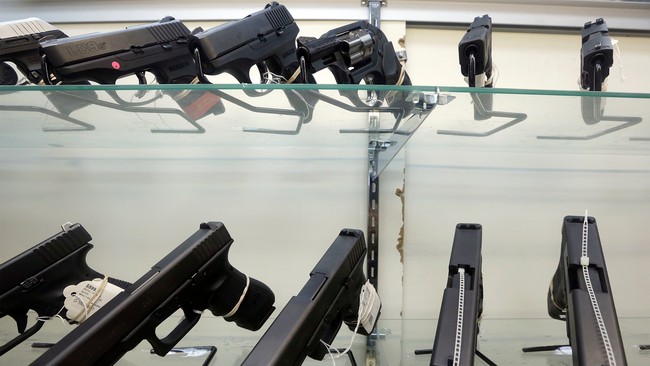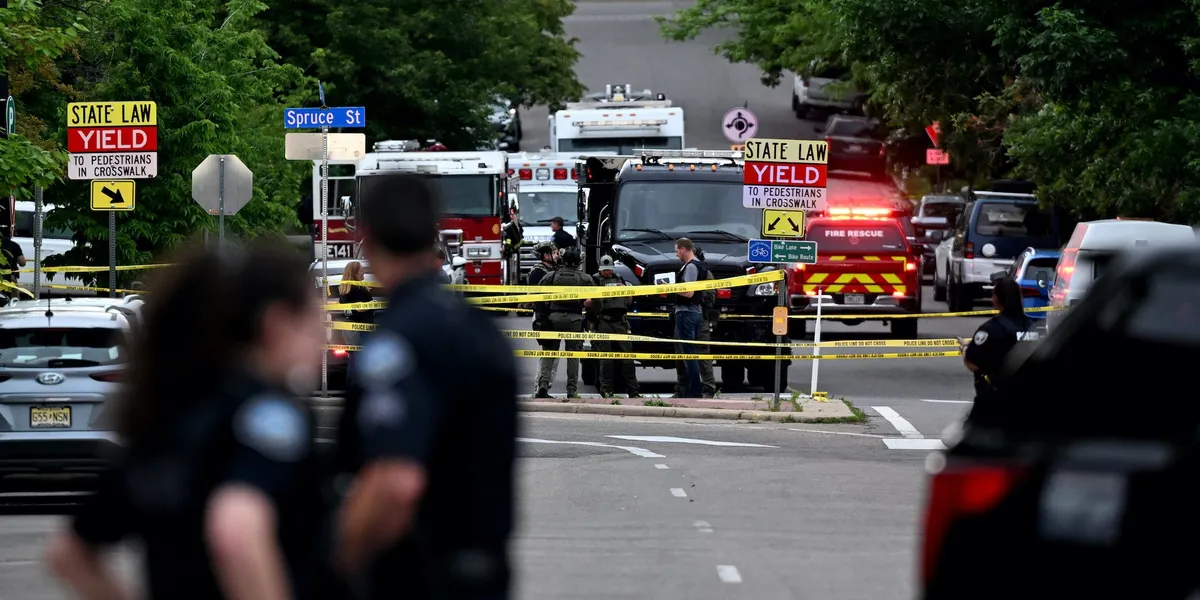Some laws are hard to fight against. It’s not that they’re good laws, necessarily, only that they look like a good idea to your average, normie voter who doesn’t understand gun rights. For them, they only see the stated intention, and we know what road is paved with good intentions, don’t we?
One prime example is mandatory storage laws.
Yes, they’re terrible, and we all know why they’re terrible, but they’re framed as being about safety. They don’t tell you that you can’t have a gun or even limit how many or what kind of guns you can have. They’re just sold to the public as a means of keeping guns out of young, unauthorized hands.
They’re far more than that, though. They’re still an infringement on the right to keep and bear arms, and in Alaska, there’s a bill that seeks to implement something along those lines and more. An op-ed seeks to point out the issues with the bill, though.
The Second Amendment is not a footnote in our Constitution; it is a promise. “A well regulated Militia, being necessary to the security of a free State, the right of the people to keep and bear Arms, shall not be infringed.” These are deliberate words from our Founders. They meant what they wrote. They understood that the right to bear arms was not granted by government, but a natural right of men that must be recognized by that government. It is a natural, God-given right, fundamental to liberty and self-governance.
Alaskans know this instinctively. We live in a place where self-reliance is not a slogan but a way of life. Firearms are not symbols; they are tools of survival and security. Yet even in Alaska, legislation has emerged that seeks to undercut this right, not through outright bans, but through clever language and incremental encroachment. This year, two bills in the Thirty-Fourth Legislature, HB 134 and HB 89, are nibbling at the edges.
HB 134, introduced by Representative Carrick, is titled the “Alaska Child Access Prevention and Secure Storage of Firearms Act.” While it seems to promote responsible gun storage, it goes further. It amends existing laws and creates a new criminal offense that holds gun owners legally accountable if a minor or prohibited person uses their firearm to commit a crime. Though it stops short of confiscation, it lays the foundation for a legal structure that mirrors so-called “Red Flag” laws. It moves responsibility away from the individual committing the crime and places it on the law-abiding gun owner, a significant and dangerous precedent.
HB 89, introduced by Representative Josephson, creates “gun violence protective orders” that allow law enforcement or family members to petition a court to remove firearms if someone is deemed a threat. These orders can be issued without the gun owner’s presence and require the surrender of firearms within 24 hours. Twenty-four hours, in Alaska? Violations carry stiff penalties, including jail time and heavy fines. This firearm confiscation without due process is not safety, it is big government control.
These are two of the least controversial gun control measures out there. They seem like a good idea to a lot of people, but they’re not. That’s especially true in a state like Alaska, where so many people live in remote areas with dangerous wildlife all around them. It’s not just the predators that can kill you in such a place. Even the prey animals, such as moose, are potentially deadly.
Mandating that someone’s guns be kept locked up where they can’t access them is a problem.
Moreover, I’ve never been fond of any law that punishes the parents for the actions of the child. If the parent does something blatantly irresponsible, charge the parent based on their own actions–and keeping a gun where it can be accessed in an emergency doesn’t rise to that level, in my opinion–but don’t charge parents simply because their kids did something wrong.
And red flag laws, in addition to the due process concerns, also offer up way too many opportunities for abuse.
Now, I don’t know how likely bills like these are to pass in a state like Alaska, but the fact that they were introduced as all is troubling. After all, these are just the kind of bills that some Republicans will cross the aisle for.
Once that starts, though, it can be difficult to stop.
Here’s hoping they see sense in Alaska.
Read the full article here












